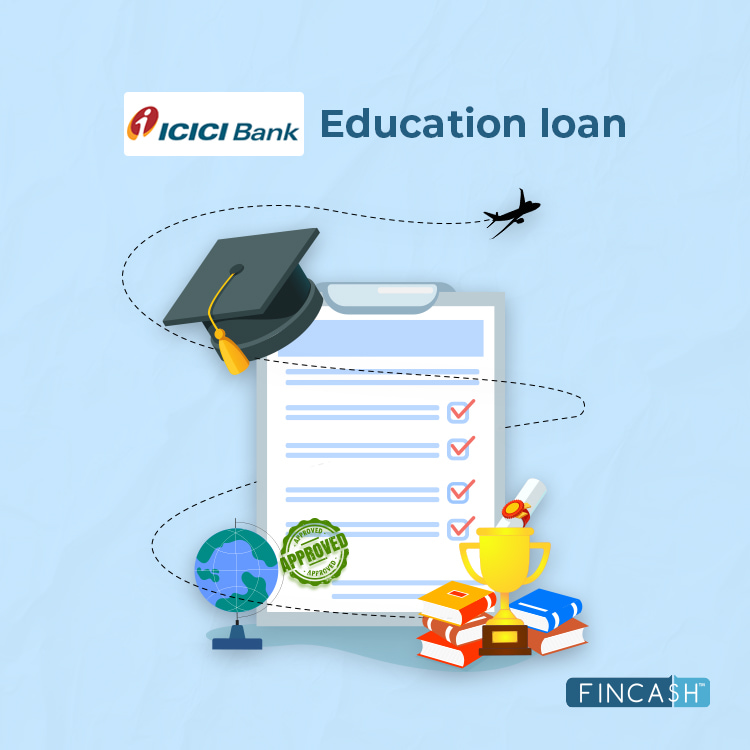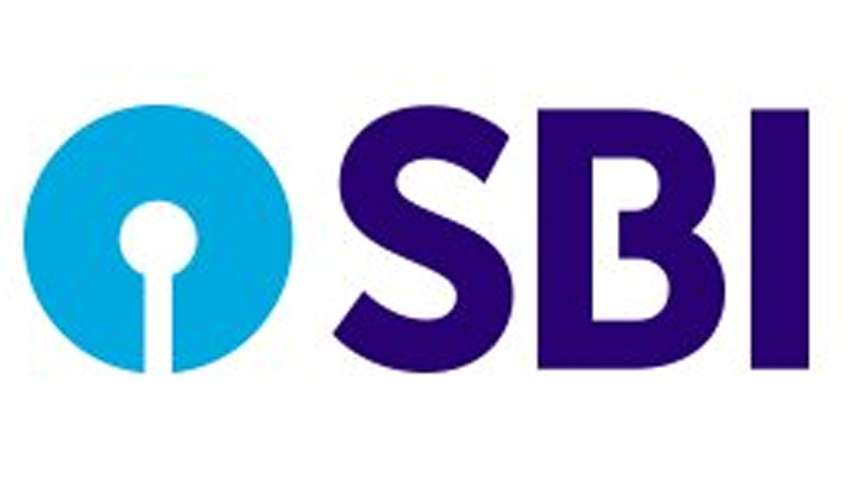
Table of Contents
Basics of Education Loan
What is an Education Loan?
An education loan is the amount of money that is borrowed from a Bank or a financial institute to fund higher or post-secondary education expenditure. Generally, education loans are issued for the objective of attending a university or a college to pursue an academic degree. Basically, these loans intend to cover the cost of books and supplies, tuition and living expenditure during the process of acquiring a degree.

Often, payments are deferred when students are still in college. Sometimes, based upon the lender, these payments can be deferred for an extra six-month period after getting a degree. Education loans can be acquired from private-sector or government lenders. While some lenders provide lower interest rates, some others provide subsidised interest. Generally, the private-sector lenders follow a traditional process and have higher interest rates in comparison to government loans.
Talk to our investment specialist
Expenses Covered in Education Loan in India
The education loan covers some of the basic course fee and relevant expenditure - like college accommodation, exam fee, and other miscellaneous charges. As far as applying is concerned, either a student, a parent, sibling, or a co-applicant can apply for this loan. This loan can be procured by both such students who want to study in the country to travel overseas for higher education. The maximum loan amount for in-country and international education varies according to the lender and selected course.
Basically, one can take this loan for a graduation, post-graduation, vocational course, part-time or full-time courses in the field of architecture, hotel management, medical, management, engineering, and more.
Education Loan Eligibility
In terms of education loan eligibility, only an Indian citizen, who has managed to secure an admission in the university or college, can apply for this loan. Furthermore, this university/college should also be recognised by a substantial authority in India or overseas. The applicant should have completed higher secondary level of schooling. Mostly, it is easier to find such banks who offer loan even before somebody can secure admission into the college or university.
According to the Reserve Bank of India (RBI), there are no substantial restrictions on the age limit; however, some banks may pose the same. The banks would require additional documents, like fee structure, admission letter from the institute, Cass X, XII, and graduation (if available) mark sheets. Along with that, documents like Income-tax returns (ITR) and salary slips of the co-applicant would also be needed.
What is Education Loan Interest Rate in India?
Education loan interest rates in India vary depending on the lender and the type of loan. Interest rates on education loans in India are generally lower than those on other types of loans, such as personal loans or credit card loans. However, they can still vary significantly depending on the lender and the borrower's credit history and financial situation.
In India, education loan interest rates are generally set by the lender, which may be a bank, a financial institution, or another type of lender. Interest rates on education loans in India can Range from around 7% to 12% or more, depending on the lender and the borrower's creditworthiness. Some lenders may offer lower interest rates to borrowers with strong credit histories or to students who are enrolled in certain courses or at certain schools.
It's important to shop around and compare offers from multiple lenders to find the best interest rate and terms for your education loan in India. It's also a good idea to consider the total cost of the loan, including fees, when comparing offers. Some lenders may charge origination fees or other fees that can add to the overall cost of the loan.
All efforts have been made to ensure the information provided here is accurate. However, no guarantees are made regarding correctness of data. Please verify with scheme information document before making any investment.












